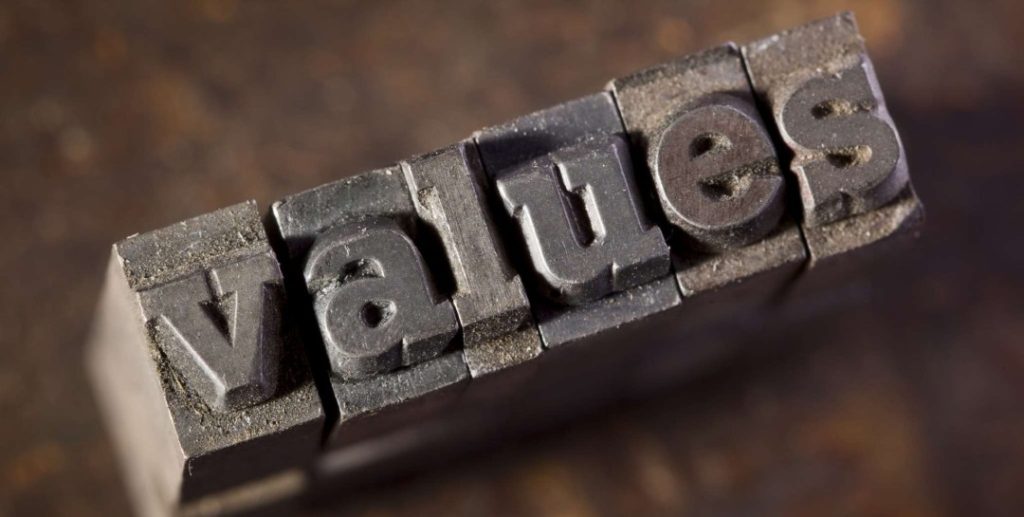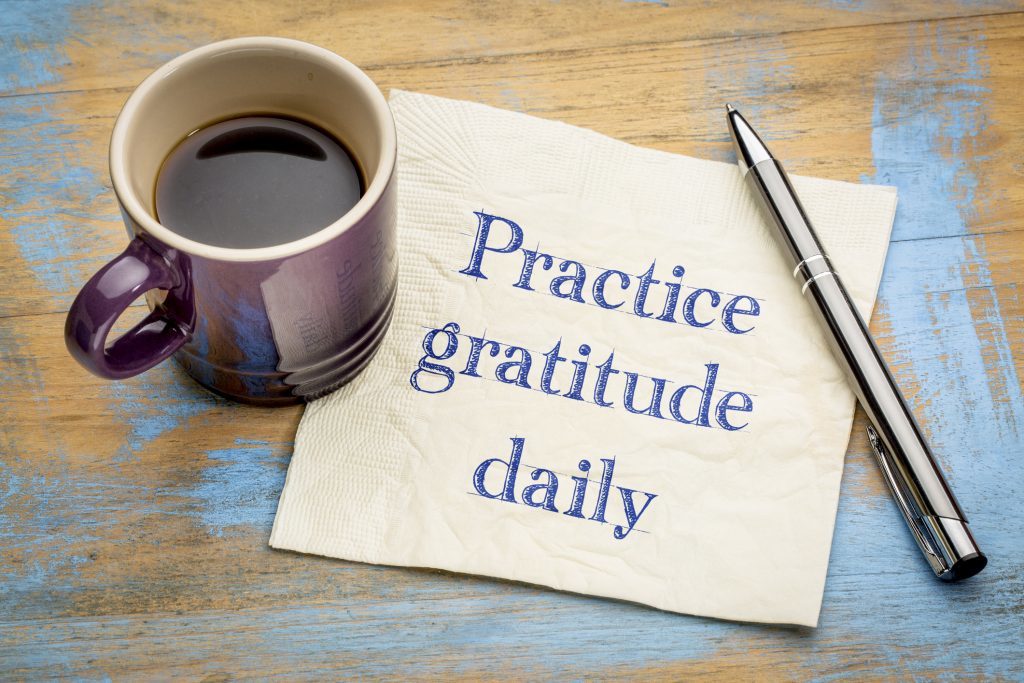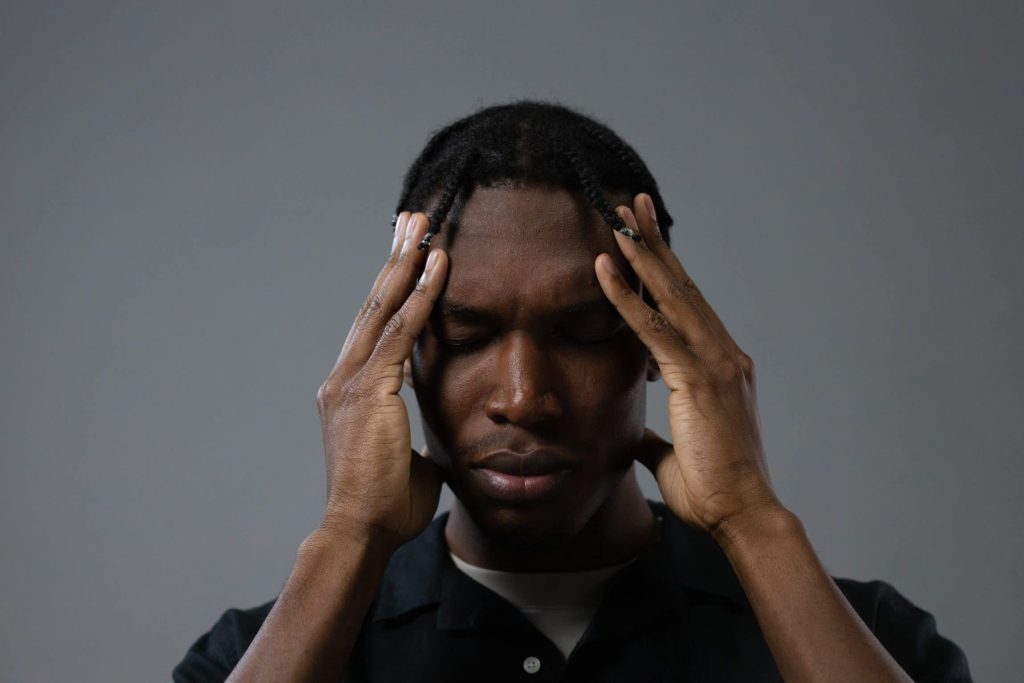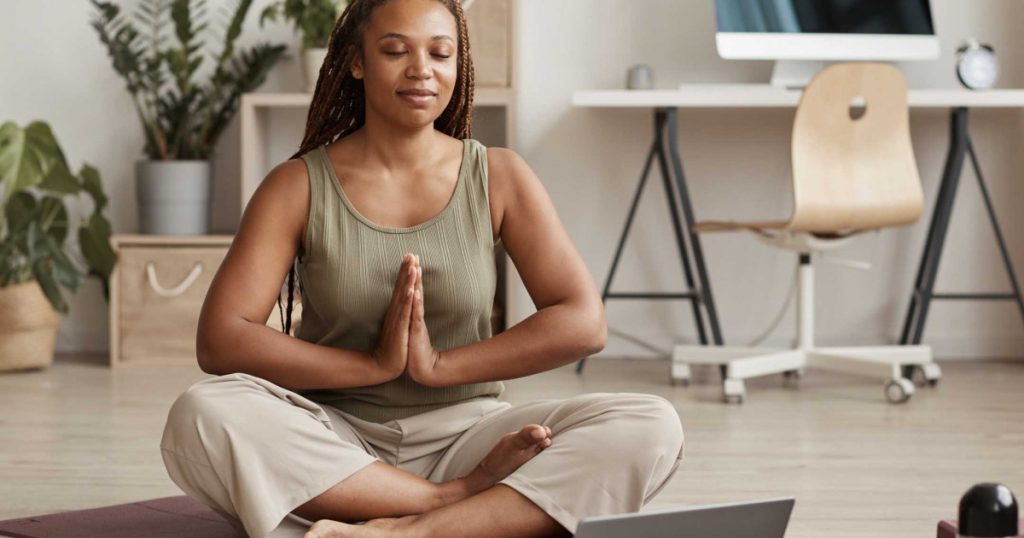The Art Of Self Understanding

Self-understanding is the ability to recognise your thoughts, emotions, and behaviours. It means to know your personality traits and how you feel and react to different situations. This is a valuable skill for personal and professional development as it allows you to make better decisions, form stronger relationships, and improve your overall well-being. Being self-aware is like a life cheat code. Isn’t that awesome? Here are tips to help you understand yourself.
Practice Journaling

Young black woman at home, sitting on the couch and writing in her notebook.
One good technique that can help you better understand your emotions and encourage you to engage in self-reflection is journaling. At the end of every day, write out what you can remember, as well as the moments that felt eventful. This will help you know what happens each day, events you consider the most meaningful, your most dominant emotion all through the day, and if you have more regrets or not about the decisions you made. Meanwhile, journaling shouldn’t end with just writing; take time to read through your journals after a while; this will show you what has changed about you and what has not.
Spell Out Your Values

One crucial element of self-understanding is knowing why you do what you do. If you notice that your choices aren’t in line with your values, that may be a sign of a lack of self-understanding. Understanding the root of your actions requires knowing your values. This will help you derive genuine satisfaction from what you do. You can spell out your values by listing them and reflecting on the ones you constantly live by.
Practice Gratitude

When you wake up every morning, reminisce and highlight at least one thing you are grateful for. It could be a person, or maybe your health, a pet, nature, or anything at all that feels special to you. Think about it, and then take a moment from your morning to experience gratitude in your heart. You could also write them out in your journal. Gratitude practice is an excellent way to develop a deeper awareness of your linkage to the world around you. It is also helpful in spotting out what you find important.
Examine Your Instinctive Reactions

Instead of reacting immediately you feel upset, take deep breaths and allow yourself to mull over what might be under your emotional response. This will help you think of what to do to help the situation instead of blowing it up. Also, when you feel more relaxed, it is a good idea to reflect on if there are specific situations that make you feel particularly emotional or if there are people you constantly conflict with.
Practice Mindfulness Meditation

Mindfulness meditation improves your empathy. It helps you develop self-awareness, self-regulation, and a positive relationship with yourself and others. Mindfulness meditation involves two aspects: attention and acceptance. Attention enables you to stay in the present moment, while acceptance involves observing without judgment.






